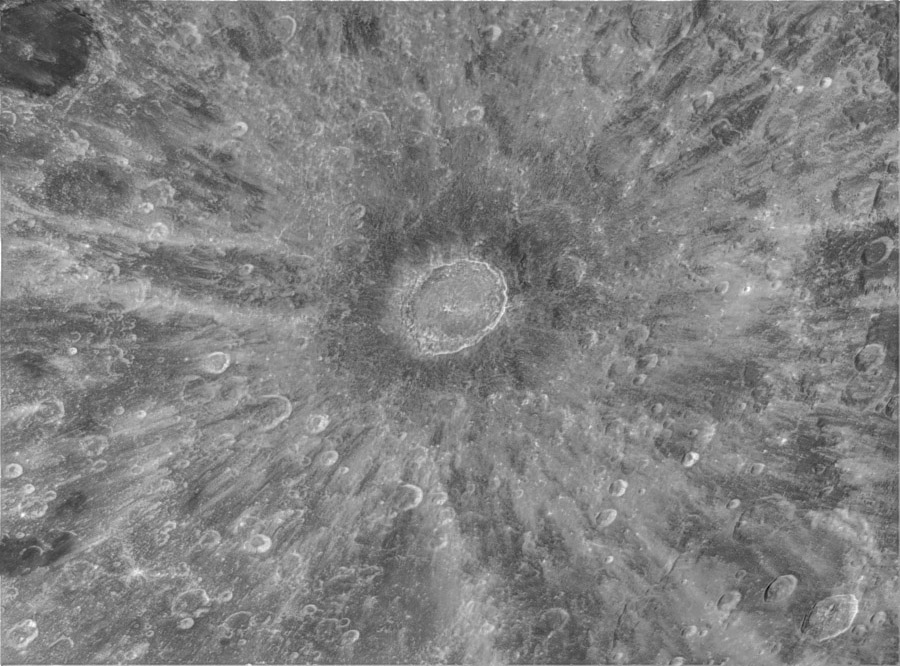Difference between revisions of "December 14, 2011"
| Line 3: | Line 3: | ||
<!-- ws:start:WikiTextHeadingRule:0:<h1> --> | <!-- ws:start:WikiTextHeadingRule:0:<h1> --> | ||
<!-- ws:start:WikiTextLocalImageRule:6:<img src="/file/view/LPOD-Dec14-11.jpg/285715018/LPOD-Dec14-11.jpg" alt="" title="" /> -->[[File:LPOD-Dec14-11.jpg|LPOD-Dec14-11.jpg]]<!-- ws:end:WikiTextLocalImageRule:6 --><br /> | <!-- ws:start:WikiTextLocalImageRule:6:<img src="/file/view/LPOD-Dec14-11.jpg/285715018/LPOD-Dec14-11.jpg" alt="" title="" /> -->[[File:LPOD-Dec14-11.jpg|LPOD-Dec14-11.jpg]]<!-- ws:end:WikiTextLocalImageRule:6 --><br /> | ||
| − | <em>image by [mailto:tosi.philippe@wanadoo.fr | + | <em>image by [mailto:tosi.philippe@wanadoo.fr Philippe Tosi], Pic du Midi observatory, France</em><br /> |
<br /> | <br /> | ||
| − | High Dynamic Range (HDR) [http://www.hdrsoft.com/ | + | High Dynamic Range (HDR) [http://www.hdrsoft.com/ software]combines multiple exposure [http://lpod.wikispaces.com/April+5%2C+2008 images] to highlight detail across the whole brightness range. Here Philippe applies it to a full Moon view of Tycho and its dark collar. This technique appears to bring out the individual raylets that often get visually fused into a confusing bright nexus. And it shows darker materials underlying the rays on the right side of the image. HDR imaging may be a new approach to detail mapping and ultimately characterizing and classifying lunar ray systems. <br /> |
<br /> | <br /> | ||
| − | <em>[mailto:tychocrater@yahoo.com | + | <em>[mailto:tychocrater@yahoo.com Chuck Wood]</em><br /> |
<br /> | <br /> | ||
<strong>Technical Details</strong><br /> | <strong>Technical Details</strong><br /> | ||
Revision as of 16:43, 11 January 2015
Sorting Out the Rays

image by Philippe Tosi, Pic du Midi observatory, France
High Dynamic Range (HDR) softwarecombines multiple exposure images to highlight detail across the whole brightness range. Here Philippe applies it to a full Moon view of Tycho and its dark collar. This technique appears to bring out the individual raylets that often get visually fused into a confusing bright nexus. And it shows darker materials underlying the rays on the right side of the image. HDR imaging may be a new approach to detail mapping and ultimately characterizing and classifying lunar ray systems.
Chuck Wood
Technical Details
October, 2011. C.14 with Skynyx 2.1 M + IR filter 742nm. HDR Soft Photomatix 4 developped by HDRsoft Society, fusion of 3 expositions 0.08; 0.16 and 0.32 sec.
Related Links
Rükl plate 64



